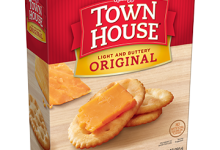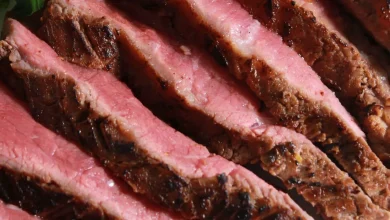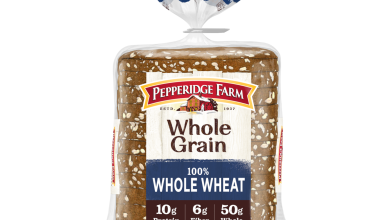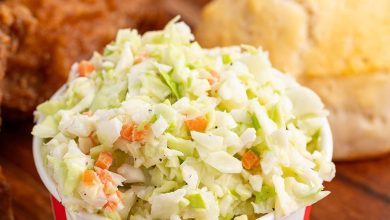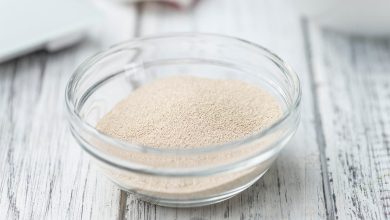Wholesome Chicken Sticks: Nutritious Baby Food for Growing Toddlers
Baby Food Meat: Chicken Sticks (Junior)
Nutritional Information
| Nutrient | Amount |
|---|---|
| Energy | 188.0 kcal |
| Protein | 14.6 g |
| Total Fat | 14.4 g |
| – Saturated Fats | 4.094 g |
| Carbohydrates | 1.5 g |
| – Sugars | 1.4 g |
| – Fiber | 0.2 g |
| Vitamins and Minerals | |
| Calcium | 73.0 mg |
| Iron | 1.56 mg |
| Magnesium | 14.0 mg |
| Phosphorus | 121.0 mg |
| Potassium | 106.0 mg |
| Sodium | 267.0 mg |
| Zinc | 1.01 mg |
| Copper | 0.045 mcg |
| Manganese | 0.0 mg |
| Selenium | 10.3 mcg |
| Vitamin C | 1.7 mg |
| Thiamin | 0.017 mg |
| Riboflavin | 0.197 mg |
| Niacin | 2.005 mg |
| Vitamin B6 | 0.103 mg |
| Folate | 11.0 mcg |
| Vitamin B12 | 0.4 mcg |
| Vitamin A | 3.0 mcg |
| Vitamin E | 0.37 mg |
| Vitamin D2 | 0.1 mcg |
Allergen Information
This product may contain allergens such as poultry and preservatives. Always check the label for specific allergen information to ensure safety for those with food allergies.
Dietary Preferences
Baby Food Meat: Chicken Sticks are a suitable option for those seeking a protein-rich food for young children. They are crafted to meet the dietary needs of toddlers and can be included in a balanced diet.
Advice
When introducing new foods to your baby, it is advisable to monitor for any allergic reactions. Serve chicken sticks as a nutritious and convenient meal option, providing a great source of protein and essential nutrients necessary for your child’s growth and development. Pair them with vegetables or whole grains for a well-rounded meal.
Conclusion
Baby Food Meat: Chicken Sticks are an excellent choice for busy parents looking to provide their toddlers with a delicious and nutritious meal. Packed with protein and essential vitamins, they help support a growing child’s dietary needs. Consider these chicken sticks as a staple in your baby’s diet to ensure they receive the nourishment they require during their early years.

